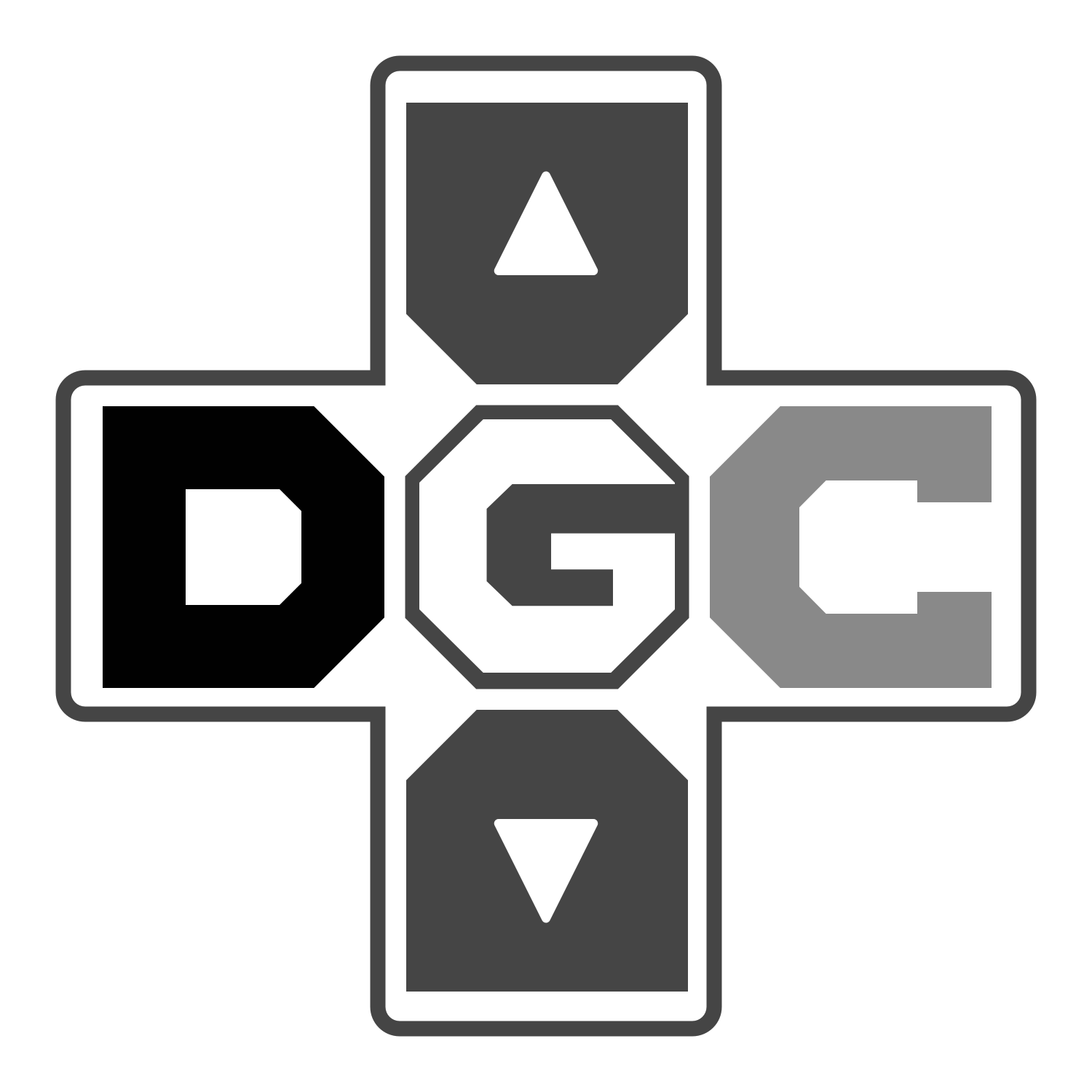DGC Ep 161: Devil May Cry (part four)
Welcome to Dev Game Club, where this week we complete our discussion of 2001's Devil May Cry, discussing the ending of the story (for the benefit of one co-host) and some mechanical elements about the structure before turning to our takeaways. Dev Game Club looks at classic video games and plays through them over several episodes, providing commentary.
Sections played:
Finished the game! (In theory)
Podcast breakdown:
0:45 Segment 1: End of game discussion
42:55 Break
43:10 Segment 2: Takeaways and Feedback
Issues covered: Tim confesses, spending big chunks of time on bosses, Trish's betrayal, packing story into the end, fighting your brother Vergil, the high cost of failing Mundus, Trish's sacrifice, fighting in an intergalactic void, the shooting mechanics at the end vs the swimming mechanics, changing up the mechanics at the end, high melodrama, escaping the building, the surprise return of the biplane, strength in character rather than plot, introducing themes through associations, Mundus's motivation, seeing the underpinnings of future lore, negative reinforcement and mission continue, resource consumption across retries, disincentive to grinding, learning skills and the player improvement loop, jankiness with Nightmare, using space to your advantage, losing Devil Trigger to use the Sparda sword, end-of-game rankings, reconsidering your approach to consumables, the Nightmare boss's design elements fighting one another, blood locking, artfully obfuscating blood locking, embracing and clearly communicating blood locking, artificial creation of potential wall moments, good world structure as a means of limiting blood locking, not clocking failure, running with Happy Accidents, ultra focus on high skill/high speed mechanical combo-based melee skill-based combat, juggling minor enemies, third person experimentation, being able to read the animation tells, additional aesthetics driving feel of the game, swagger in game design, gamification of ranking your successes, camera and levels must work together, working on our audio, how animation contributes to play, communicating movement through tiny details, telegraphing and animation, frame counting in fighting games, video games bringing people together, cultural appropriation and context, historic insularity and imperial context in Japan, preferred camera style, refining cameras, preserving drama with camera.
Games, people, and influences mentioned or discussed: Dark Souls, God of War (2005), Space Harrier, X-COM, Final Fantasy IX, GTA III, Resident Evil, Metal Gear Solid, Sekiro: Shadows Die Twice, Legend of Zelda (series), LucasArts, Call of Duty, Onimusha, PlayStation 2, Kingdom Hearts, Suda51, TheSentry42, Waypoint Radio, CaffeinatedBrushes, Josh Rogers, James King, Warcraft, Command and Conquer, Don Daglow, Ester Olsen, Donut County, Zimmy Finger, Ico, Alpha Protocol, God of War (2018), Jak & Daxter.
Next time:
A bit of Devil May Cry 5!
https://twitch.tv/brettdouville, @timlongojr, and @devgameclub
DevGameClub@gmail.com
